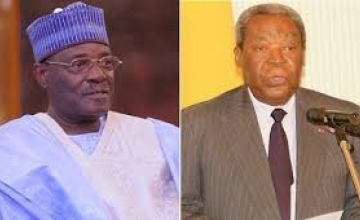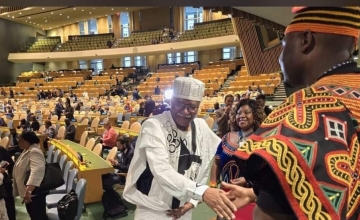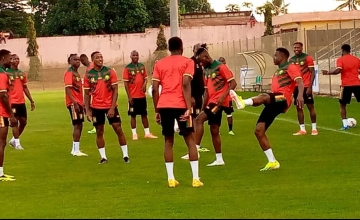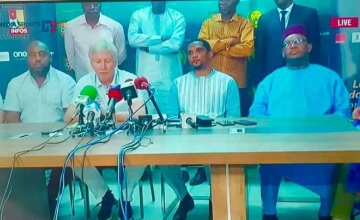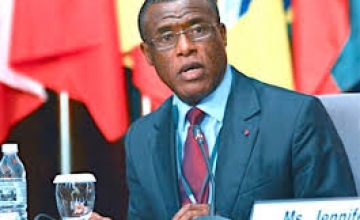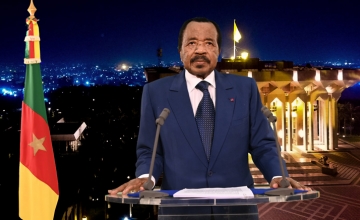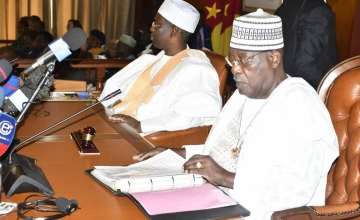
In a statement Friday, November 6, 2020, the U.S. diplomat said as a community, the influence of the Cameroonian diaspora can be felt through public remarks, private conversations, remittances, international conferences, and social media posts.
“We encourage you to use the power of your voices in a constructive manner to promote peace as you engage with Cameroonians worldwide, the U.S. government, Congress, and on social media,” said Nagy.
The Assistant Secretary of the U.S. Bureau of African Affairs says his government will not associate itself with groups that call for violence and hate speech.
“We count on the Cameroonian diaspora in the United States to participate constructively in addressing its concerns about Cameroon. We will not work with groups – or attend diaspora-organized events – that include calls for violence or hate speech,” Nagy said.
The U.S. diplomat reminds the Cameroonian diaspora that their plan to break Cameroon’s North West and South West regions and create a state christened Ambazonia is utopian.
Hear Nagy: “The United States supports the territorial integrity of Cameroon and calls for all actors to peacefully address the long-term grievances driving the current conflict in the Northwest and Southwest Regions and to cease exacerbating the hardships experienced by civilians in these regions.
“The United States government considers the Cameroonian diaspora a critical community that can push for meaningful change in Cameroon to address long-term grievances, support the safety of humanitarian workers, get children back to school safely, and bring an end to the fighting that has led to untold suffering.”
Cameroon’s state forces have been battling to dislodge armed separatists who pitched their tents in the North West and South West Regions since Anglophone protests transformed into an armed conflict in 2017.
Corporate demands by Common Law Lawyers and Anglophone Teachers led to protests in November 2016. The street demonstrations later morphed into ongoing running gun battles between state forces and armed separatist fighters in the predominantly English-speaking regions, leading to untold destruction of human lives, their habitats, and livelihoods.
Tit-for-tat killings, kidnappings, arsons, maiming, and outright terror have become part of daily lives in some parts of the English-speaking regions. Members of the Cameroonian diaspora are directing the separatist movement, with most of the ringleaders living in the United States.
Recent atrocities include the killing of seven schoolchildren in Kumba. At least 13 other students were injured when gunmen opened fire on students of Mother Francisca International Academy Fiango, Kumba on October 24. The separatists recently attacked Kulu Memorial College in Limbe, Longla Comprehensive College Mankon, and kidnapped 11 teachers from Presbyterian Primary School Kumbo.
At the time of this report, the traditional ruler of Nso was still in separatist captivity while Cardinal Tumi, archbishop emeritus of the Archdiocese of Douala was free 12 hours after he was kidnapped. The list of atrocities teleguided by Cameroonians in the diaspora remains inexhaustive.

